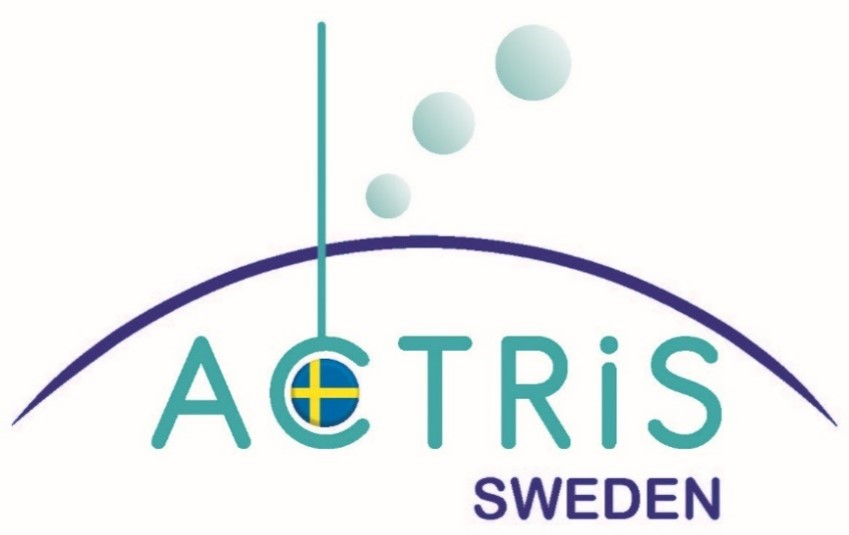Since 2018, ACTRIS Sweden is listed as a Category A1 Research Infrastructure (RI) and remains in this top category in the Swedish Research Council´s inventory of needs for research infrastructure 2023/2024. This means that ACTRIS Sweden is recognized as a prioritized research infrastructure of high scientific and strategic value for Sweden.
The Swedish Research Council granted funding for the Implementation Phase of ACTRIS Sweden in 2022-2026. In February 2025, the Host Organization (Lund University) submitted a proposal for the second funding period 2027-2030 when ACTRIS Sweden enters an Operational Phase.
The areas and research infrastructures eligible for funding in the call Grants to research infrastructures of national interest 2025 are described in the document "Areas and research infrastructures" from the Swedish Research Council. The following text is an excerpt:
ACTRIS Sweden
The Aerosols, Clouds and Trace Gases Research Infrastructure (ACTRIS) coordinates operations in several European countries where aerosols, clouds and trace gases are observed and studied. ACTRIS Sweden is the Swedish node, which includes several measuring stations.
Description of the area
The Earth’s climate and human health are affected by aerosols, clouds and trace gases in the atmosphere. To understand the links between human impact and natural processes in the atmosphere and biosphere, long-term, quality-controlled, and standardised measurements are needed. The purpose of ACTRIS is therefore to produce high-quality, comparable data about physical, chemical and optical characteristics of short-lived, climate-impacting air pollution, and to make these data accessible openly and efficiently.
ACTRIS data are used by researchers in many research fields, and contribute to improved parameters for climate and air quality models.
Needs and possible delimitations
To describe how aerosols, clouds, and trace gases in the Earth’s atmosphere affect climate and air quality, and in the longer term the health and preconditions for life of humans and other organisms, standardised and high-quality data are needed. The issues addressed – such as air pollution and climate change – are global, and observations therefore have to be made across borders and in different climate zones. The Swedish network of measuring stations can contribute data from our immediate surroundings and should cover a large range of ecosystem, climate and air pollution gradients.
ACTRIS Sweden has received funding as a research infrastructure of national interest since 2022 and is expected to be in full operation as from 2027.
Scientifically, ACTRIS complements related research infrastructures, such as ICOS and SITES. Continued co-location and coordination with these is expected to lead to increased scientific and strategic value for the infrastructures, and more efficient administration. An application should include these aspects and otherwise focus on continued development of the current operation (Reg. No 2021-00177).
